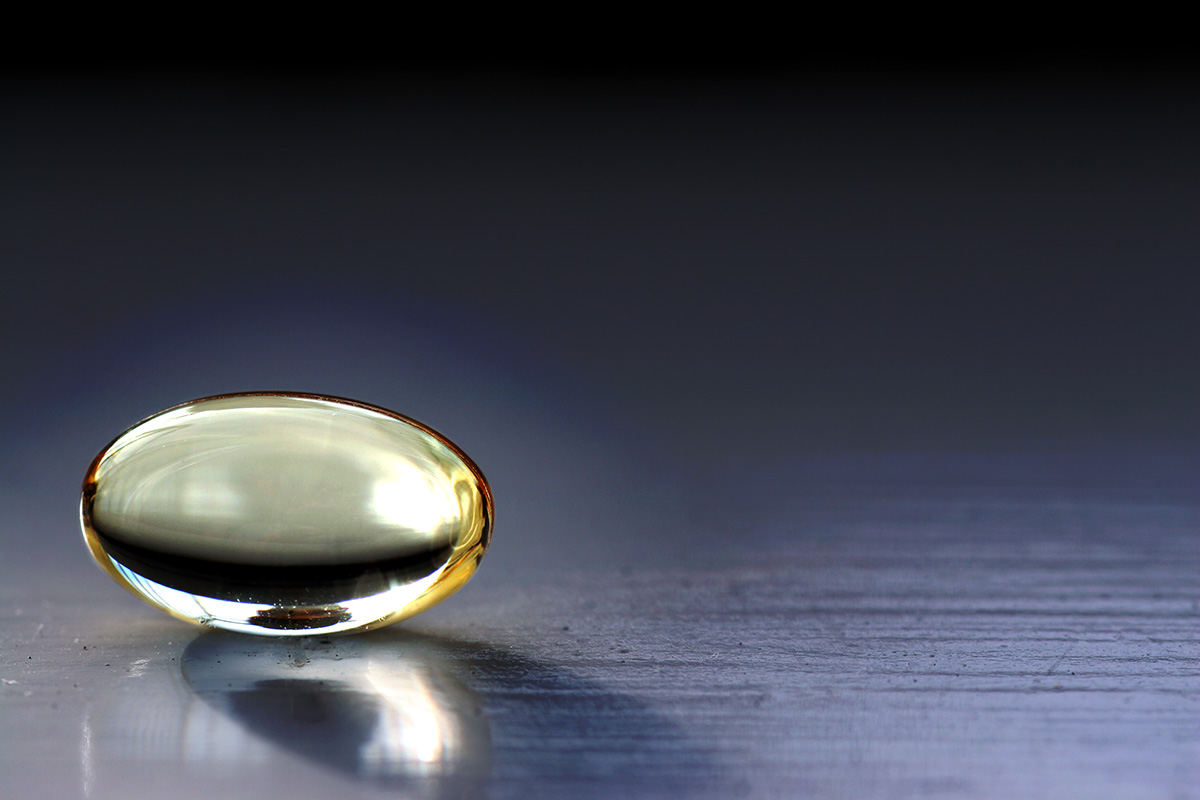If you’re familiar with muscle building, you are likely to be familiar with the supplements and diets that bodybuilders recommend. Protein is probably the most essential supplement in one’s exercise routine, but what about vitamins? Vitamins are obtained through the consumption of various foods. There are many types of vitamins, and each type serves specific functions. For example, vitamin E is known to be a strong antioxidant, which helps protect the body from molecules that have the potential to cause cancer. But what does this have to do with building muscle? A recent finding may reveal vitamin E’s role in muscle development. This will help eager gym goers understand why they should include vitamin E in their diets.
Image source: Brand New Images
Researchers have discovered that the presence of vitamin E is necessary for the restoration of a torn plasma membrane. Although every cell has a plasma membrane that can be torn, muscle cells in particular experience breakdowns of their plasma membranes most frequently. Torn plasma membranes are problematic as they can ultimately lead to cell death. The researchers discovered the relationship between vitamin E and plasma membrane restoration by conducting a study that examined muscle development in rats. They trained the rats to run on a treadmill, finding that the rats that lacked vitamin E ran for a shorter time than rats that had normal amounts of vitamin E. The researchers then introduced a dye that is unable to pass through an intact plasma membrane into the muscle cells of the rats. The resulting observation was that the dye was able to pass through the cells of rats that lacked vitamin E. This suggests that the plasma membranes of those rats were torn. Furthermore, the rats that lacked vitamin E had smaller muscle fibers than the rats with sufficient amounts of vitamin E. The results of this study suggest that the presence of vitamin E aids muscle cells in their repair process, while the lack of vitamin E significantly hinders it.
Regular consumption of vitamin E remains important due to its role as an antioxidant. Moreover, the discovery of vitamin E’s role in muscle development may lead to new ways of treating relevant diseases such as muscular dystrophy. If you’re thinking about bulking up, make sure you don’t forget your protein shake, but you may also want to ensure that vitamins are in your diet as well. Sources of vitamin E include sunflower seeds, almonds, spinach, tomatoes, and avocados.
Feature Image Source: Vitamin E by Frédéric Poirot










